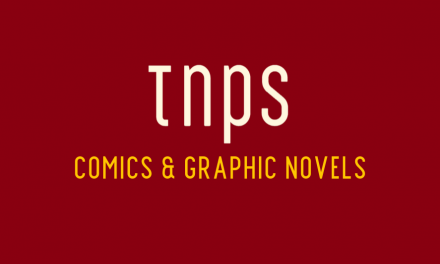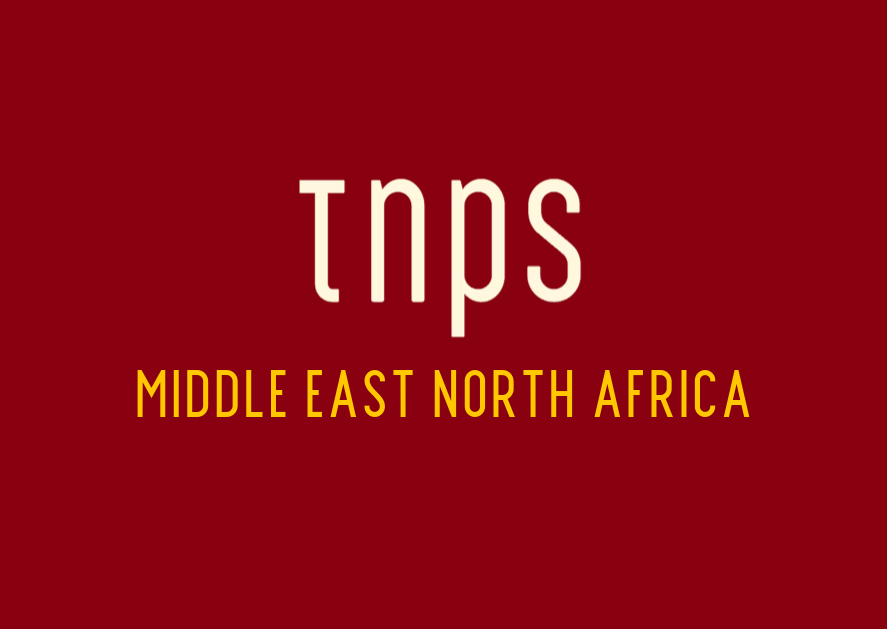But supposing those 38 jobs had been lost due to AI… What a different story that would be.
The “38 roles” being eliminated at PRH UK is not huge in the layoff scheme of things, rather just one more tranche of redundancies across the US and UK publishing industry that momentarily gains a headline, and is then forgotten.
Jobs? Hey, this is business. No-one said you had a job for life. Least of all now.
Forget all the BS about record profits, soaring global readership, literacy rates “through the roof,” etc. (Markus Dohle, May 2023). Take no notice of the fact that PRH CEO Tim Weldon has literally just told us PRH UK had a “good year boosted by a great bestseller performance.”
Didn’t you know the publishing industry is facing challenging times? Headwinds, in fact.
Explains Weldon: “Global geopolitical and macroeconomic factors have created volatility and uncertainty for all economies and businesses, which have escalated over the past few years. On a micro level, the book market is impacted in many ways by these factors. It is getting increasingly harder – and more expensive – to do business, driven by cost inflation, supply chain complexity and a slowing market coming off the high of the pandemic. Paper, for instance, is more than 20% more expensive than it was in 2018. Increasing book prices (resulting from the rising costs) have buoyed the market but overall volumes are down by 4.5% versus last year.“
Wait, what? Obviously Weldon didn’t get the memo from former PRH CEO Markus Dohle, who as recently as May was telling us how bright the future of publishing is. Said Dohle, “Physical bookselling is having a great renaissance,” adding, “I’m optimistic about the future of a diverse books retail landscape going forward. The physical format…is getting a lot larger, and that doesn’t show any signs of weakness. It’s quite the opposite.“
Just to be clear.
Dohle: “Physical bookselling is having a great renaissance. The physical format (that’s print to normal folk)…is getting a lot larger, and that doesn’t show any signs of weakness. It’s quite the opposite.“
Weldon: “Increasing book prices (resulting from the rising costs) have buoyed the market but overall volumes are down by 4.5% versus last year.”
Dohle: “I’m optimistic about the future of a diverse books retail landscape going forward.”
Weldon: ” It is getting increasingly harder – and more expensive – to do business, driven by cost inflation, supply chain complexity and a slowing market coming off the high of the pandemic.”
So are we to presume the headwinds Weldon talks about suddenly appeared since May?
Obviously not, and that’s just one more example of why the May TNPS polemic addressing Dohle’s disturbing disconnect with the realities of publishing needed to be written.
But Weldon and Dohle are cut from the same cloth. Both Old Guard gatekeepers, sincerely believing they know what’s best for the unwashed reading masses. Both living in a corporate bubble comfortably apart from publishing realities and the daily struggle to pay the bills that mere employees and regular authors face every day. And both staunch opponents of digital innovation in publishing. Subscription, anyone?
This was Weldon in 2014, after Scribd and Oyster first got into subscription:
“We are not convinced it is what readers want. ‘Eat everything you can’ isn’t a reader’s mindset. In music or film you might want 10,000 songs or films, but I don’t think you want 10,000 books.”
Who can possibly argue with that? This man knows a reader’s mindset. That is why PRH publishes so few books, because nobody wants ten thousand books to choose from. And as we all know, even back in 2014 no bookshop anywhere had ten thousand books. That would be ridiculous.
What he was saying, of course, was that nobody wants ten thousand digital books, because that’s a slippery slope for what Dohle calls “the physical format”, and that’s always been the driver for PRH policy. Keep the brake on digital consumption to protect Dohle’s bet on print.
And as the years rolled by, Weldon kept on misreading the market. As the Pandemic arrived in 2020, PRH UK was among the first publishers to furlough its staff, not for one second imagining that lockdown might bring more people to the book market, leading to record profits in 2021.
And of course Weldon, and Dohle, immediately shared those record profits by raising author royalties.
No, hold on. In my authorly dreams.
Weldon explained in 2014 that PRH was always looking at how much authors were being compensated.
“Authors are, alongside readers, the foundation of our business. We are always, always looking at our commercial arrangements with authors to make sure they’re fair and equitable.”
Which of course is why, a decade on, after record profits and revenues, amid a “renaissance“, a market that “shows no sign of weakness“, and unbridled optimism “about the future of a diverse books retail landscape going forward,” royalty rates remain unchanged. And jobs are being shed at a rate of knots.
And that brings us full circle to the thrust of this essay, which is that jobs and pay in publishing, along with royalties and advances for those who are “the foundation of our business,” authors, are no more secure today than ten, thirty or fifty years ago.
When the industry sheds jobs, there will always be token expressions of concern, but nobody really gives a f**k unless they are directly impacted.
Weldon on the latest job cuts: “I appreciate this is very difficult news. People are – and have always been – at the heart of our business, and so as a leader you never want to have to make these kinds of decisions.“
Those may be very sincere words, although I somehow doubt Tom’s losing sleep over it. His job is secure.
But here’s the thing: Industry jobs are lost, we read it in the industry news feeds for five seconds, and then we get on with our own lives. These 38 role eliminations will be forgotten next week as another bout of industry job losses somewhere else briefly pops onto our radar.
Sometimes jobs have to go. Companies have to move with the times. We all understand that. “That’s life,” we say, and get back to listening to music on subscription and watching films and TV on subscription while ranting against the very idea of subscription books. The sky is falling!
But supposing those 38 jobs had been lost due to AI… What a different story it would be.
Not because we care any more about the person who lost their livelihood to AI (who can point to anyone who has?) as opposed to “a slowing market coming off the high of the pandemic,” but because the very initials A.I. strike irrational fear into what Lee Child would call our “lizard brains.”
Show me the court case where lawyers are busy fighting for author or employee careers because a publisher is shedding jobs or not renewing publishing contracts or not paying enough royalties. It doesn’t happen.
Yet right now there are lawyers milking the AI publishing bandwagon, getting paid to tell a judge AI is a threat to author careers.
Just look at the feeble submission to the UK government that various publishing industry bodies knocked up to try influence British govt. thinking (I use the term loosely) about AI. As if the UK government gives a flying fig about jobs and authorly rights in publishing.
Authors, translators, narrators, industry employees, et al, all have a right to be treated with decency and dignity, to fair remuneration, and to have their IPs protected.
None have a job for life. None have a right to be published or employed by a particular company. And all are subject to market forces, consumer demand and technological progress.
In these respects, at least, the publishing industry is just like any other.





